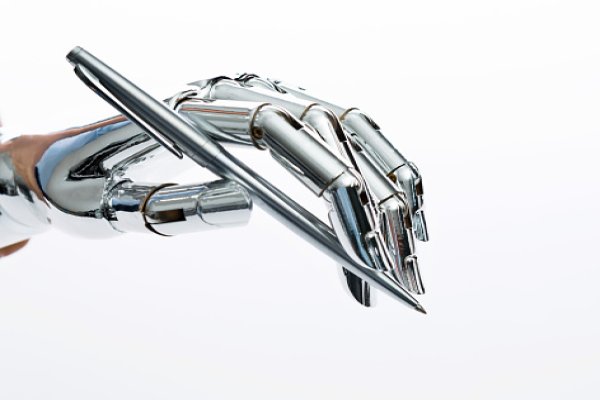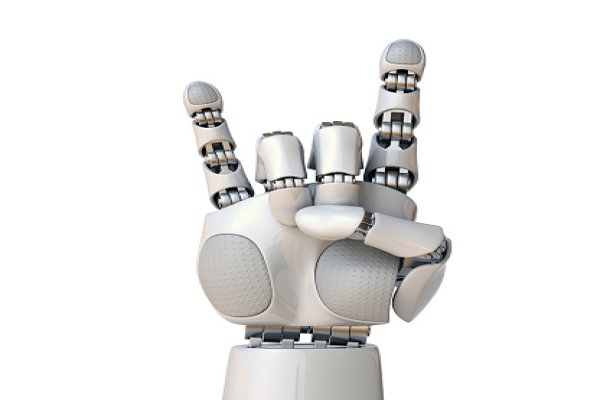The International Baccalaureate has approved schoolchildren to quote content produced by ChatGPT within their essays. This includes restructuring the material in a different format to express ideas.
Using the chatbot is an option available to students taking the International Baccalaureate (IB) course, which provides an alternative pathway compared to A-level and Higher qualifications. The identity of students must be made known when quoting responses produced by the robot.
Since its release in November, ChatGPT has captivated a great deal of attention. People are amazed at this AI’s capacity to generate accurate replies to things asked – from writing essays to answering text prompts.
Exceptionally, Matt Glanville, the head of Assessment Principles and Practice for IB (International Baccalaureate), described the ChatGPT-based cheating prospect as “an extraordinary opportunity” instead of having a fearful opinion like most teachers and academic personnel.
Matt Glanville says in the other essay:
“The clear line between using ChatGPT and providing original work is exactly the same as using ideas taken from other people or the internet. As with any quote or material adapted from another source, it must be credited in the body of the text and appropriately referenced in the bibliography.”
Thousands of children in the UK take the IB annually at over 120 schools, and chatbot technology is changing things; notably, essay writing is seen by Glanville as playing a smaller role in the qualifications process.
Matt Glanville continues to say:
“Essay writing is, however, being profoundly challenged by the rise of new technology and there’s no doubt that it will have much less prominence in the future.”
Matt Glanville went on to say:
“When AI can essentially write an essay at the touch of a button, we need our pupils to master different skills, such as understanding if the essay is any good or if it has missed context, has used biased data or if it is lacking in creativity. These will be far more important skills than writing an essay, so the assessment tasks we set will need to reflect this.”
OpenAI, the San Francisco-based company funded by Microsoft, created ChatGPT. Additionally, Microsoft has utilized OpenAI technology within its Bing search engine. Reportedly, Google has made announcements regarding their chatbot – Bard; however, no public deployment has been seen yet.
Snapchat+ subscribers will have the opportunity to use a new chatbot called My AI. This chatbot, powered by the same technology as ChatGPT, was recently announced by Snapchat Monday.
Snapchat mentioned that its “experimental” chatbot had been designed not to propagate biased, incorrect, harmful, or misleading information that might encounter errors. It added that mistakes can still occur while effort is being made to achieve good results.
Snapchat stated that ChatGPT and Bing could also be employed for various purposes, including small gifts locator service, hiking excursion selection, and more.
The International Baccalaureate’s decision to allow the use of ChatGPT in essays represents a major milestone for the field of natural language processing. By recognizing the capabilities of AI-powered language models like ChatGPT, the IB is signaling its commitment to staying on the cutting edge of technology and providing its students with the tools they need to succeed in the modern world.
While some may argue that using AI in academic writing could decrease critical thinking skills or originality, others see it as an opportunity to enhance the writing process and encourage deeper engagement with course material. Ultimately, the impact of AI on education is still being explored, and it will be up to educators and policymakers to consider the potential benefits and drawbacks of incorporating AI tools into the classroom carefully.
Source: the guardian


